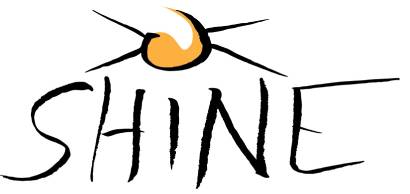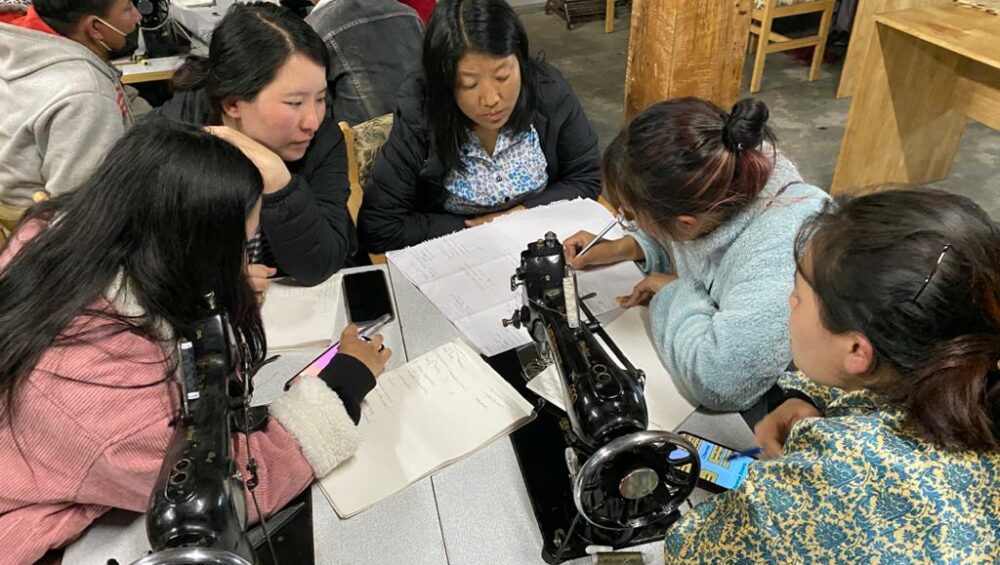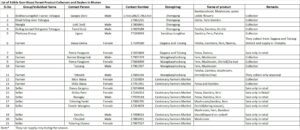In keeping with Bhutan’s Economic Contingency Plan (ECP) created in response to the COVID-19 Pandemic and its effects, Handicrafts Association of Bhutan (HAB) conducted a training-workshop designed to enhance knowledge and skills of textile-based handicraft manufacturers. The principal aim was to improve quality and diversity of textile-based authentic Bhutanese handicrafts during this economic lean period, and to lower future imports from neighboring countries while improving business opportunities for domestic handicrafts producers.
Different handicrafts and product packaging solutions can broaden the perspective of designers in Bhutan and inspire them. HAB researched diverse options and sorted out practical decor items, made from natural resources available in the target areas, such as bamboo, cane, wood, and textile. In order to expand the range of products which will help enhance the resilience of the handicrafts sector, HAB considered not just souvenir ideas but also daily household goods and locally made natural-resource-based products potentially for use as hotel amenities & decorative items.
Twenty-nine participants registered with the HAB for these training based on COVID-19 safety and containment protocols that recommended fewer than 30 participants per gathering. For obvious reasons, the program chose participants who already own handicrafts businesses. This resulted in 42 new product designs, including women’s hand-bags made with a mix of handwoven Bhutanese textiles and machine fabrics; backpacks; and gift packaging bags. Instructors taught different hand stitches and knitting techniques to participants. They also educated the handicrafts owners on innovative designs for containers made of cane. Participants also studied cushion design and color combination, learned business skills and perspectives.
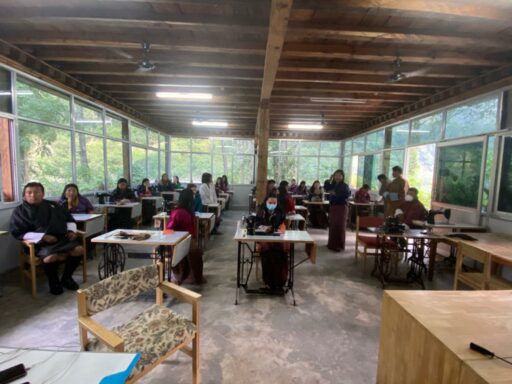
Generally, any skill-based training requires longer duration, minimum of three to six months. For this training, however, since most of the participants already possess good skills background, the training was organized as a crash course of 21 days. As the outcome of the program, SHINE produced a catalog of product prototypes. The file is available at the ‘Photos & Downloads’ page of the website. Printed copies will be distributed among the stakeholders.
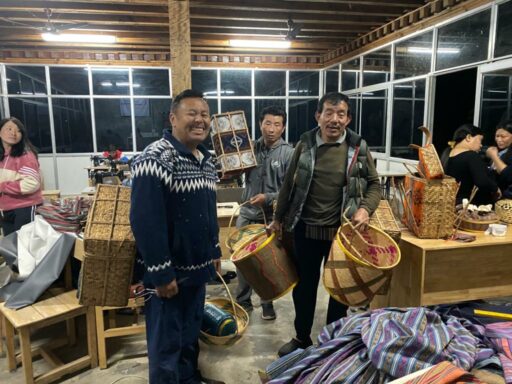
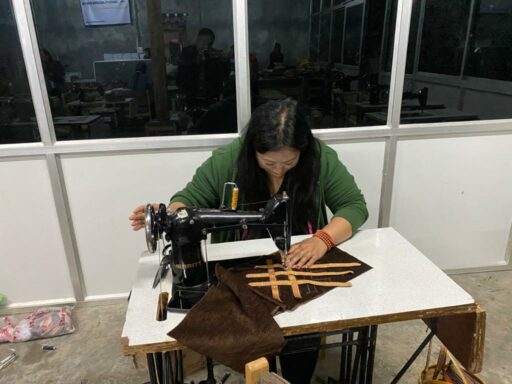
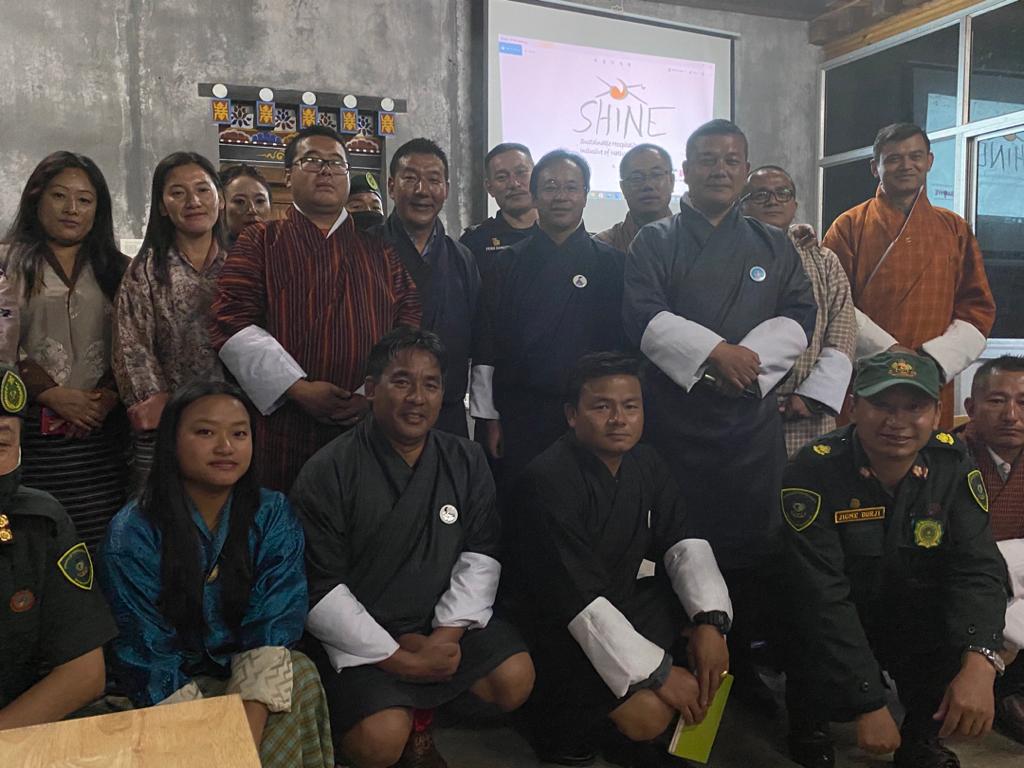
This document has been produced with the financial assistance of the European Union. The contents of this document are the sole responsibility of the implementing partners and can under no circumstances be regarded as reflecting the position of the European Union.
